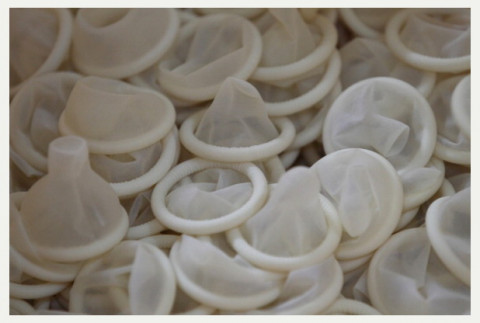
Children with autism are left vulnerable to exploitation by sex education lessons in schools, a Cambridge specialist has warned.
Psychologist Steven Stagg, of Anglia Ruskin University, has called for specialist sessions for pupils with autism spectrum disorder (ASD), after a study found they were in dire need of extra support.
The study, carried out by the university's Autism Research Area, used questionnaires and in-depth interviews to represent the views of 20 young people with ASD.
He said: “We found that the young people with ASD reported negative experiences of sex education.
“Issues of vulnerability, social anxiety, and confused sexuality were prominent features of the qualitative interviews.
“The participants felt that sex education in school was inadequate and failed to address their specific needs."
The study found young people with ASD were left in the dark by sex education that did not address their specific questions.
While their peers will regularly have their knowledge of sex supplemented by friends, this is often not the case for people with autism, who may have limited social contact with others.
Dr Stagg is a senior psychology lecturer who specialises in autism spectrum disorders.

Dr Steven Stagg, a senior lecturer in psychology at Anglia Ruskin
He added: “Participants wanted sex education to be given at a slower pace and to cover subjects such as the language of sex.
“For example, one girl said that she failed to understand 'dirty talk' and didn't know when terms were being used as jokes or whether people were serious.
“Social difficulties also mean that individuals with autism may need more explicit teaching of the subtleties of relationships and how to build them.
“The ASD group also had less awareness of their own sexuality and the impact it has on others. One boy ended up practically stalking a potential partner without realising this was unacceptable behaviour."
Dr Stagg and his team measured sexual awareness using a validated questionnaire, with their statistical analysis showing the ASD group scored significantly lower than a typically developing (TD) comparison group.
On measures of sexual consciousness the ASD group scored 40 per cent lower than the TD group, and 78 per cent lower for sexual assertiveness.
The effect size was large for each of the measures, suggesting the differences in sexual awareness and understanding between the two groups is significant.
Dr Stagg added: “This lowered awareness may lead some individuals into situations where they may be vulnerable to exploitation, and some participants in the study spoke about situations where they had been exploited.
“Our research suggests schools should look at delivering sex education and sexual awareness classes that are tailored to the very specific needs of young people with autism."